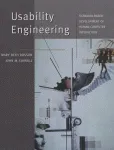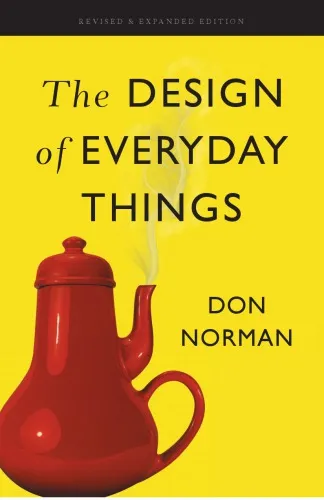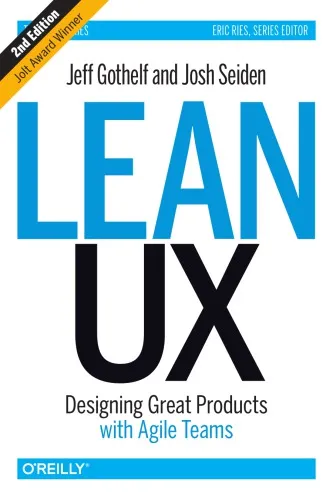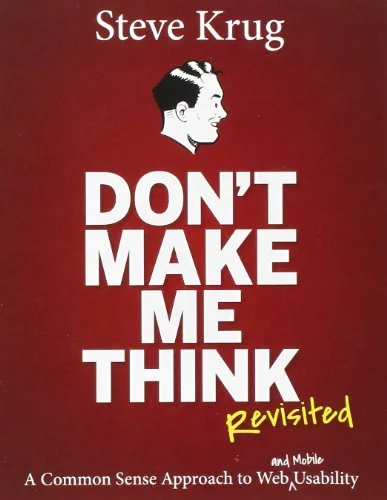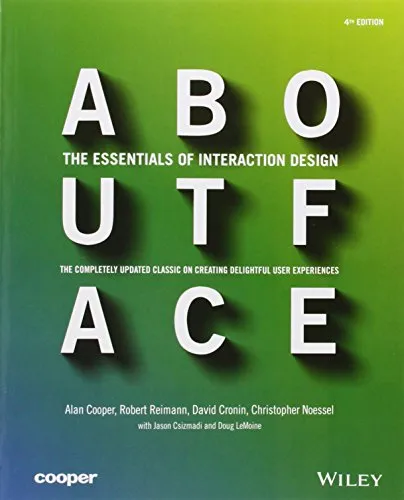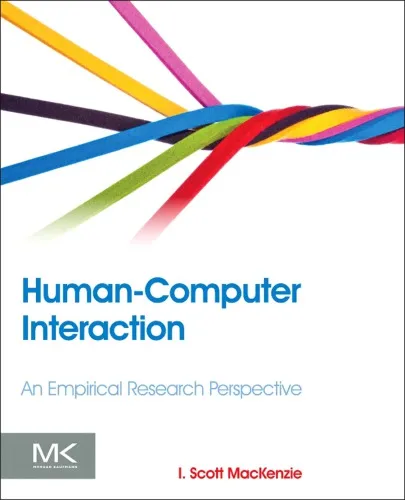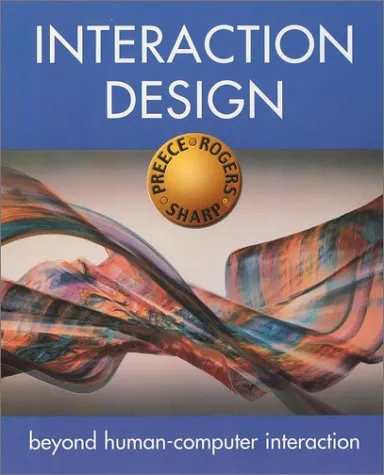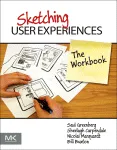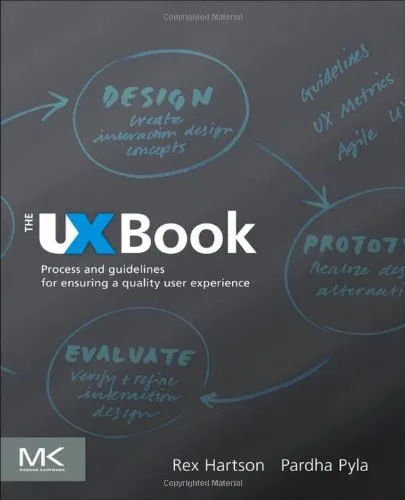Usability Engineering. Scenario-Based Development of Human-Computer Interaction
3.3
Reviews from our users

You Can Ask your questions from this book's AI after Login
Each download or ask from book AI costs 2 points. To earn more free points, please visit the Points Guide Page and complete some valuable actions.Related Refrences:
Persian Summary
Introduction
Welcome to "Usability Engineering: Scenario-Based Development of Human-Computer Interaction" by Mary Beth Rosson and John M. Carroll, a comprehensive guide tailored for both budding and seasoned professionals interested in the dynamic field of usability engineering. This book articulates the profound methodology of scenario-based design, providing readers with insights into crafting user-centered, interactive systems that are effective and intuitive. As technology continues to evolve at a rapid pace, understanding the principles of human-computer interaction becomes imperative for designing functional and accessible digital environments.
Detailed Summary of the Book
The book is structured to take readers through a meticulously designed journey of usability engineering, focusing primarily on a scenario-based approach. The authors, with their extensive experience, unravel the intricacies of this methodology by emphasizing how scenarios can guide the creation and evaluation of interactive systems. Each chapter builds on the previous, ensuring a comprehensive grasp of scenario-oriented usability practices.
The initial chapters introduce the concept of scenarios in design, setting the stage for their importance in the usability engineering process. Readers learn how scenarios serve not only as a storytelling tool but also as a powerful framework for identifying user needs, behaviors, and expectations. The book then delves into the development and validation of these scenarios, providing detailed examples, exercises, and case studies that illustrate their application in real-world contexts.
As the chapters progress, the book explores the integration of scenario-based design into the broader usability engineering process. It discusses how scenarios can influence interface design, prototyping, and the iterative development process. The authors also bridge the gap between theoretical perspectives and practical applications, making it accessible for readers to implement these concepts in their own projects.
Key Takeaways
- Understanding of the core principles of scenario-based design and its relevance in usability engineering.
- Ability to create and apply scenarios to enhance user-centered design processes.
- Insight into the role of user feedback and iterative testing in developing effective human-computer interactions.
- A comprehensive view of integrating narrative scenarios into design and evaluation stages.
Famous Quotes from the Book
"Scenarios help us envision the future, shaping how we design the technology that fits seamlessly into our lives."
"Design is as much about understanding people and their needs as it is about creating technology."
Why This Book Matters
In a world where technology rapidly evolves and permeates every aspect of daily life, the demand for intuitive, user-friendly interfaces has never been greater. "Usability Engineering: Scenario-Based Development of Human-Computer Interaction" stands out as an essential resource for designers, developers, and usability practitioners seeking to enhance their understanding of user-centered design strategies. The book's emphasis on scenario-based design provides a unique lens through which to address the challenges of creating digital products that are as efficient as they are engaging.
By providing a structured methodology grounded in both theory and practice, this book helps bridge the gap between academic research and industry application. It encourages readers to think critically about how people interact with technology, fostering a design philosophy that prioritizes usability and user satisfaction. Moreover, Rosson and Carroll's work underscores the importance of continuous learning and adaptation, key principles for thriving in the ever-evolving domain of human-computer interaction.
Free Direct Download
You Can Download this book after Login
Accessing books through legal platforms and public libraries not only supports the rights of authors and publishers but also contributes to the sustainability of reading culture. Before downloading, please take a moment to consider these options.
Find this book on other platforms:
WorldCat helps you find books in libraries worldwide.
See ratings, reviews, and discussions on Goodreads.
Find and buy rare or used books on AbeBooks.
1693
بازدید3.3
امتیاز0
نظر98%
رضایتReviews:
3.3
Based on 0 users review
Questions & Answers
Ask questions about this book or help others by answering
No questions yet. Be the first to ask!
